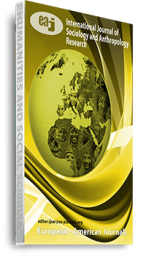In the context of postcolonial literature, mistresses are often portrayed as subjugated concubines seeking job opportunities, career advancement, and income security in societies that are characterised by stark social inequalities. In environments lacking social justice, adulterous concubinage becomes entrenched in social and political norms. This study examines the portrayal of mistresses in francophone African literature, highlighting their integral roles in society’s economic and political spheres. Through critical discourse analysis, feminist theory, and postcolonial theory, the study reveals that gendered power dynamics are central to the framing of mistresses. This analysis underscores the complex and active roles of mistresses in the socio-political landscape of francophone African literature. Contrary to traditional passive roles, mistresses are depicted with significant agency, enabling them to influence decisions by wielding power leverage over their philandering partners who hold important positions in the societies.
Keywords: Postcolonial Theory, critical discourse analysis, feminist theory, francophone African literature, gendered power dynamics, mistress

